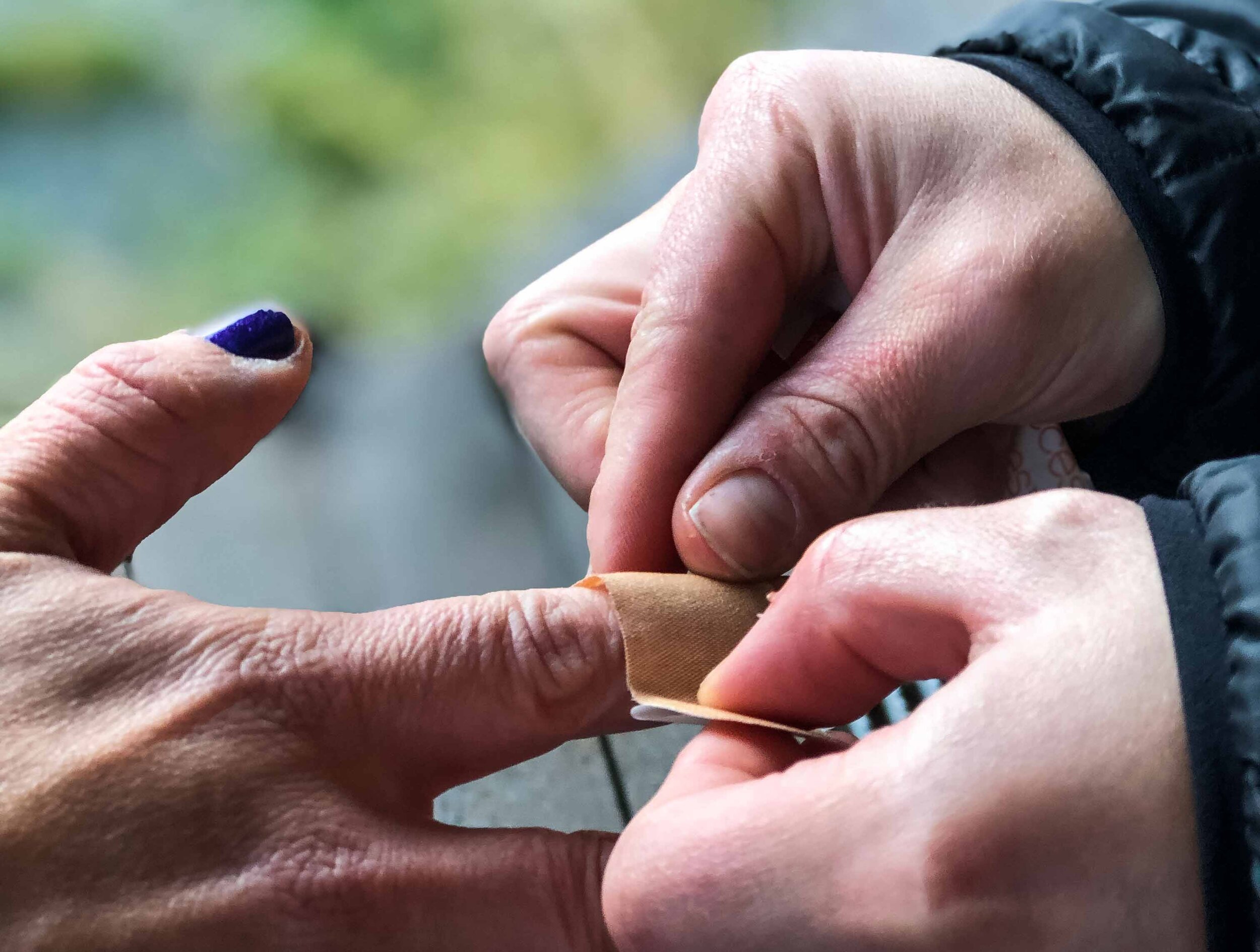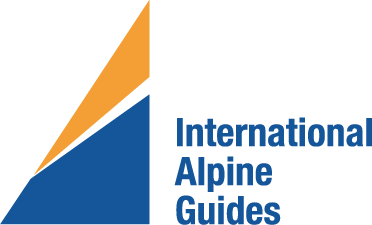Always Be Prepared for your Adventure: First Aid Kits
/Jessica DeMartin, M.A., RN
NOLS Wilderness Medicine Senior Instructor
Be prepared! We prepare ourselves for rain, snow, sun, with all sorts of gear and training. Though we can’t be prepared for every aspect of an outdoor adventure, a good First Aid Kit is one of the best places to start! First Aid Kits are an easy way to be prepared for the most common and simple trail injuries even with minimal or no first aid training.
Keep it Simple! Basic wound care is what First Aid kits are designed for. This means cuts, abrasions, blisters, sprains and strains, as well as insect bites, and stings. Wound cleaning is also very important aspect of first aid care in order to prevent infection. Only carry what you need and know how to use. Inventory your kit before you leave the trailhead to ensure you have what you need when you need it.
Trip Specific. Keep your first aid kit the size of the trip you are going on to assist the number of people on your trip. No need to bring an expedition sized backpack kit for a day hike with yourself. 1 set of wound dressings per person per trip is a great estimation of size.
Waterproof- This is largely over looked with commercial branding of first aid kits. Many first aid packages (gauze, bandaids…) are not water proof. A zip lock bag is an easy way to ensure this. This will ensure your first aid supplies are dry and ready when you need them. Not to mention most first aid supplies are generally made to stick or absorb, if they get wet prematurely in a rain storm they will be no good when you need them.
Have a Plan: First Aid kits are designed for small wound care. It is always recommended you have a greater evacuation plan in place in case something bigger occurs. This can include sharing your trip plan with others, checking in with local ranger stations, carrying an emergency locator device such as SPOT or InReach device, and taking a Wilderness First Aid class or Wilderness First Responder Class
Here are some suggestions for basic first aid kit supplies:
Band-Aids- the most common item requested, and used. Make sure your kit has selection of large and small ones.
Gauze pads- great for bleeding control and non- stick for wound dressings
Tweezers/small scissors- for splinters, and cutting bandages, tape…etc.
Athletic Tape- great for securing larger bandages, or taping an ankle. This is one of the items I wouldn’t leave home without. You can do almost anything with it!
Wet Wipes- for wound cleaning, hygiene, and hand cleaning.
IBU/Tylenol- for pain control, sprains strains Benadryl- an antihistamine for allergic reactions, and to help you fall asleep.
Antibiotic ointment- cover wounds with them before applying a dressing to prevent infection (of course take all medicines as recommended, if you’re not sure check with your doctor).
Ace Wrap- applies compression and support to various musculoskeletal injuries.
Roll Gauze- Great to wrap a bandage around a wound such as a finger, foot or elbow.
Gloves (Nitrile)- medical gloves for assisting with care of any body fluids
Hand Sanitizer- for good hand hygiene before and after first aid care.
Blister Kit- Friction blisters caused from your toes rubbing along your boot, or hang gripped on a paddle can be treated with items in your blister first aid kit such as Mole Skin or Mole Foam, there are also a number of commercial bandaid products like Bilsto Ban and Kinesio Tape that helps to take the friction from rubbing on your skin and instead onto the dressing. Pro Tip! Duct tape is NOT recommended for use on skin. For Duct Tape lovers of the world, there is medical brand duct tape which won’t adhere to your skin with harmful chemicals like commercial brand duct tape.
(Don’t forget an small Ziploc bag for all the micro trash that comes from these products).
If you want to learn and practice more skills you can also take a Wilderness First Aid Class. International Alpine Guides sponsors both Wilderness First Responder and First Aid training. If you are interested in taking a course through NOLS Wilderness Medicine with senior instructor and Emergency RN Jessica DeMartin please contact us!









